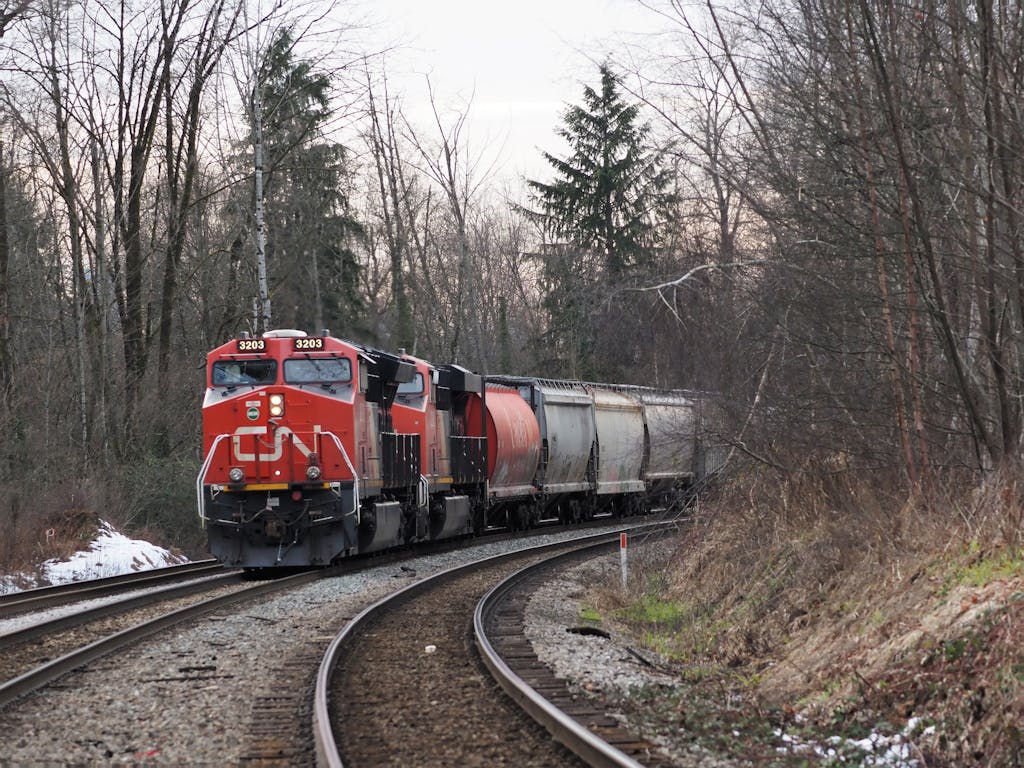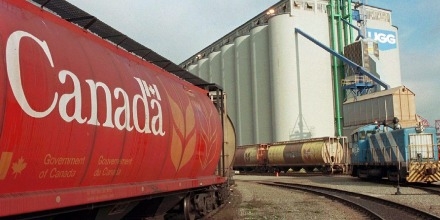Canola groups await more information from China after its announcement last week of two investigations into Canadian canola imports and tariffs on Chinese electric vehicles, steel, and aluminium.
Canada announced it will impose a 100 per cent tariff on Chinese EVs coming into the country, and a 25 per cent tariff on Chinese steel and aluminium imports. China responded with an anti-dumping probe into Canadian canola and certain chemical products, as well as an anti-discrimination probe into the tariffs, adding it would take the case to the World Trade Organization.
President and CEO of the Canola Council of Canada Chris Davison says they’re disappointed with China’s decision, and are waiting for more details on how the investigations will work, such as the scope, process, and how long they will take. However, he is confident the investigations will prove Canada follows the rules on trade.
“We’re confident that any such investigation into Canada’s canola trade will demonstrate alignment with, and reinforce our support, for rules-based trade and specifically the canola trade,” said Davison, adding China is a major market with total economic activity was approximately $5.5-billion in 2023.
The President and CEO of the Canadian Canola Growers Association Rick White says they’ve had virtual meetings with the Prairie canola groups about China, even meetings with the Canola Council of Canada.
The term “anti-dumping”, according to the Cambridge Dictionary, relates to laws “that are intended to prevent imported goods from being sold for less than they cost to produce.”
In other words, when a company or industry exports a product at a price lower than the price it normally charges in its own domestic market, that is considered dumping.
“I think the issue is whether the price in China is lower than it is here in Canada, and that’s what China is going to have to prove if they think they got a case here, ” said White. “I’ll be interested to see (China’s) analysis because even though farmers will keep producing, they’re subject to market price swings that swing everyday and sometimes it may swing lower than their cost of production and other days it’ll swing higher than their cost of production.
“In our view, we’ve always relied on rules-based international trade and we feel very strongly that Canada’s canola trade is in alignment with that.”
Gerry Ritz, a former Federal Agriculture Minister in the Stephen Harper Conservative government more than 15 years ago, has been watching the trade dispute very closely.
“The biggest problem has been the lack of respect for the government we have in Ottawa right,” said Ritz in reference to the governing Liberal Party. Ritz believes the decision to put tariffs on Chinese products was a “knee-jerk reaction” to similar action done by the United States.
Ritz also noted China “will always react” and have done it before with Canadian pork as well as canola. In 2019, China ended a five-month suspension of Canadian beef and port imports after claiming some meat tested positive for ractopamine, an additive that is banned in China. The Chinese also banned imports of canola in March of the same year, claiming they did not meet quality standards.
Ritz says the current Federal Agriculture Minister, Lawrence MacAulay, isn’t doing enough to defend our trade deals and secure new ones.
“He’s pretty busy most weeks at 90(year-old) birthday parties and 50-year anniversaries and so on,” Ritz said of MacAulay. “At the end of the day, agriculture is not taken seriously by this Liberal government.”
MacAulay, who wasn’t available for interviews according to his office staff, issued a statement on X saying China’s announcement this week is deeply concerning and that he’s working with his government colleagues to monitor developments.
“Canadian canola is the best in the world and our producers depend on, and play by, a rules-based global trading order that provides reliable market access.” said MacAulay in a series of posts on X in response to China’s announcement. “The quality of Canadian canola is well-known around the world. We will continue to defend and support the sector every step of the way.”
Premier Scott Moe also posted his concern about China’s action and noted Provincial Agriculture Minister David Marit and Trade Minister Jeremy Harrison wrote a joint letter to their federal counterparts, calling on them to resolve the dispute as soon as possible.



